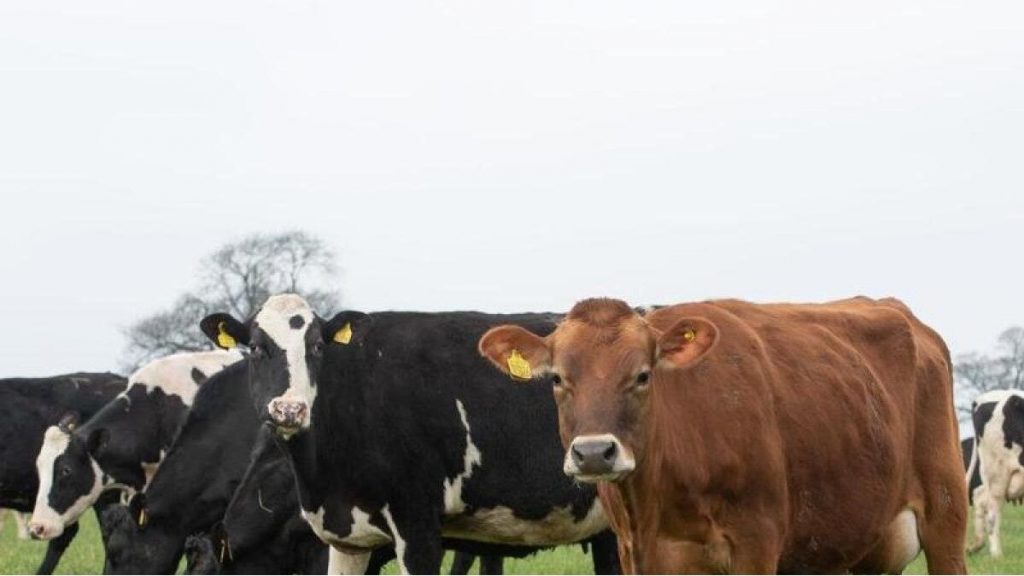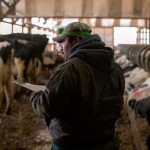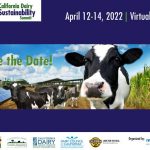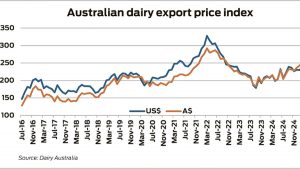
Australian Dairy Farmers has launched a comprehensive set of national policy statements on the dairy industry intended to influence the 2022 federal election.
ADF wants to see improved labelling and marketing of plant-based alternatives to dairy products that are more truthful and do not mislead the consumer into thinking they are healthier than dairy.
The policy statement asks for the introduction of a voluntary code that restricts the use of the word ‘dairy’ and, if that is not successful, asks the Federal Government to enforce closer compliance with an international standard on the use of dairy terms.
ADF is concerned some plant-based products are trading off the good name of dairy but without matching nutritional value.
ADF will also be urging political parties to negotiate better international trade agreements to counter a decline in Australia’s share of trade.
“International trade barriers and protectionism is a driver of Australian dairy’s export market decline,’’ the policy statement said.
ADF said Australia was facing trade with countries that subsidised their own farmers and raised trade barriers which disadvantaged Australia.
“It is important that the Australian Government continues to pursue free trade agreements that help the Australian dairy industry diversify and compete in export markets,’’ the policy statement said.
“Australia’s core value is open and free trade and compliance with international trading rules. This should override any trade and geopolitical tension with any other country.”
ADF said Australia’s free trade agreement with Japan was the first the Japanese had completed with a major dairy supply partner.
Since then, Japan has completed bilateral agreements with the European Union and United States, as well as the Comprehensive and Progressive Agreement for Trans-Pacific Partnership (CPTPP) agreement, which includes New Zealand.
“These agreements with Australia’s major dairy competitors have more favourable trading terms than the Australian agreement,” ADF said.
The organisation said it was committed to the implementation of the Murray-Darling Basin Plan, but it should be delivered to ensure there were no unmanaged and unmitigated third-party impacts from the use of environmental water and negative impacts on regional communities are mitigated.
“Dairy has done much of the heavy lifting in achieving water recovery to date,” the policy statement said.
“As we move forward it is critical that the recommendations of the Productivity Commission’s Murray-Darling Basin Plan: Five-year assessment and the ACCC’s Murray-Darling Water Markets Review are implemented.”
























